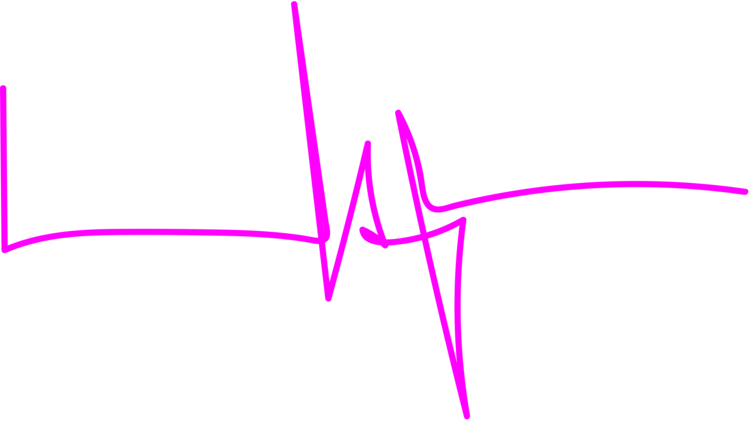... and through my eyes it is very far away.I can't recall much of my childhood now unless I meditate on specific events that occurred, but some were really happy... some not so. For that tall, fair and slightly built girl who had a passion for horses, painting and poetry the relief from the nausea inducing glare of the summer sun on the bitumen road that ran nearby was a green lawn and a garden that featured a big shady plum tree and a choko vine out the back.I remember our dog and cat and that I fell out of the plum tree onto a concrete paving stone on my head, after climbing it to escape the chaos of my family who would gather in the tiny kitchen, it seemed to me, just to yell at one another. Often debating about words and pictures my newspaper family were a noisy lot.It was an unremarkable Australian childhood in many ways, one where the greatest mistake you could make was letting the goalie get past you and score for the opposite team on the netball court.For many of Australia's recent refugee arrivals my childhood would have looked like paradise. Often wrenched from unbelievable conditions of war and poverty, having survived ordeals of bombings, camps and sickness I personally know many people whose journey to Australia has been punctuated by loss, racial and religious hatred and trauma.And perhaps the biggest heartache of all for many, has come as the dispossession of their homelands become that distant country. For Indigenous populations worldwide and markedly so in Australia, the loss of those threads that weave one into the landscape and culture of the country of their childhood have been viciously severed, leaving many lost and floundering, prey to influences that range from addictive to evil.So in an effort to gather up the threads and rework them into another and different landscape, the Community Migrant Resource Centre's Art and Culture Incubation Unit's, Priscella Mabor has devised the Magic Carpet! project of which I am proudly a part.Comprising of two young Afghan/Hazara men, Roohullah Mosawi and Nazir Mosavi, a South Sudanese woman Akon Dut and Pakistani woman Aween Karim we have created a program using the traditional cultural practices of kite making, henna, braiding and story telling (the not so traditional digital version) to entwine all of our stories into a new and more beautiful fabric of life.We hope to tell a new story, one of social inclusion and cohesion that will eventually embed itself into the material of the country that we stand on, that of the Aboriginal people.We hope to ride our Magic Carpet! across the forgotten territories of the interior of humanity and with our lofty aspirations and practical applications lace together a new way of harmonious living.Come and join us at Parramasala this weekend to experience what a ride on the Magic Carpet! has to offer. We will be holding kite making workshops, braiding and nail design and I will be doing photographic portraits at our tent between 12 and 4pm on the 23rd and 24th October in Prince Alfred Park, Parramatta.
Photography

